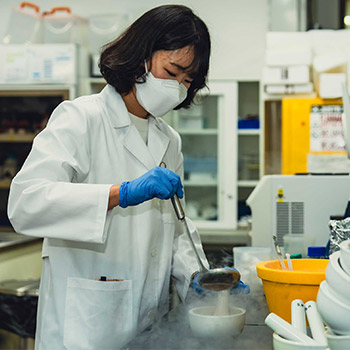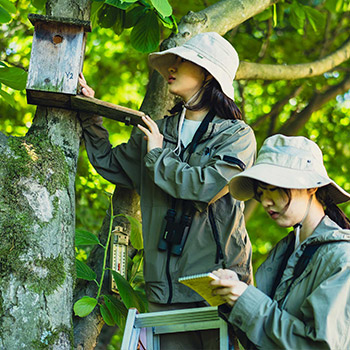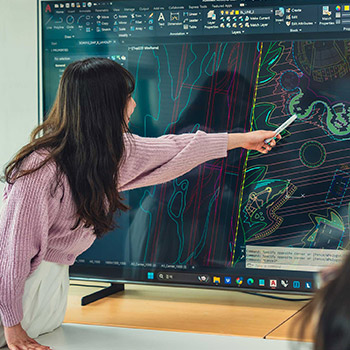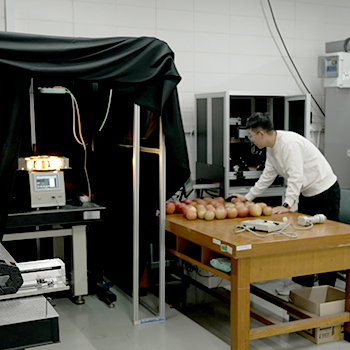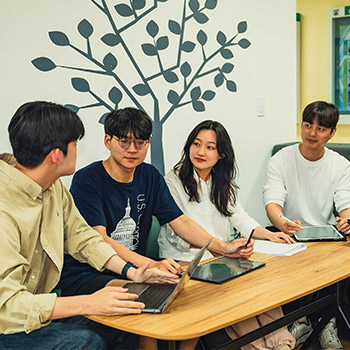Expanding the Boundaries of Entomology – Professor Park Il-Kwon of Seoul National University Receives the 13th Songjeong Entomology Award
Professor Il-Kwon Park of the Department of Forest Sciences, College of Agriculture and Life Sciences at Seoul National University, has recently been honored with the 13th Songjeong Entomology Award. This prestigious award recognizes researchers who have made outstanding research achievements and academic contributions in the field of entomology. Professor Park was selected for his pioneering research in chemical ecology of forest insects, which has made significant contributions to forest protection in Korea and the advancement of entomological science. In this interview, we heard from Professor Park about his thoughts on receiving the award, his vision for future research, and his advice for aspiring researchers.

“The Songjeong Entomology Award is both a milestone in my research journey and a new beginning.”
said Professor Park. “It is especially meaningful because it was established by an emeritus professor whom I deeply respect. I take this honor as encouragement to work even harder in the future.” The research that drew particular attention in this award focused on the use of insect semiochemicals in ecological studies. His practical research aimed at solving real-world problems such as pine wilt disease was highly praised for its tangible impact.
From Laboratory to Field: Insect Chemical Ecology
Professor Park’s main research involves analyzing the chemical communication systems of forest insects, such as pheromones and kairomones, and applying this knowledge to practical pest management strategies.
“By using pheromones, we can determine when and where certain insects are most active,” he explained. “This allows for precision pest control that reduces pesticide use and minimizes forest damage.”
In addition, he is investigating genes related to olfactory reception and developing environmentally friendly control methods using technologies such as RNA interference (RNAi). This approach aims to suppress pest populations by altering genes so that target insects cannot detect odors essential for their survival, achieving pest control at the genetic level rather than through chemical pesticides.
“Research must suit your aptitude. Discover yourself first through internship experiences .”
When asked what advice he would give to junior researchers, Professor Park emphasized, “Research is not something you can do well just because you are good at studying.” He encouraged students to engage in various activities during their undergraduate years and to experience working in a lab as interns.
“Master’s and doctoral programs are longt journeys that demand sustained motivation. It is important to first assess whether your personality and interests are suited for research before committing.”
He also advised, “Becoming a researcher is not the only way to make use of your major. There are many opportunities to apply your expertise across different fields. It’s important to keep a wide range of career paths open rather than focusing solely on research institutes.”
“My greatest motivation is discovering new knowledge and seeing it applied in the field.”
Professor Park shared that the driving force behind his research is “discovering something new and seeing its practical application in the field.” He expressed that he finds great fulfillment in bridging academic research with real-world application.
He added “Watching outstanding students grow is also a great source of joy and motivation for me,” as he concluded the interview.
By Lee Hyoseon (21st) and Seo Jiho (22nd)

